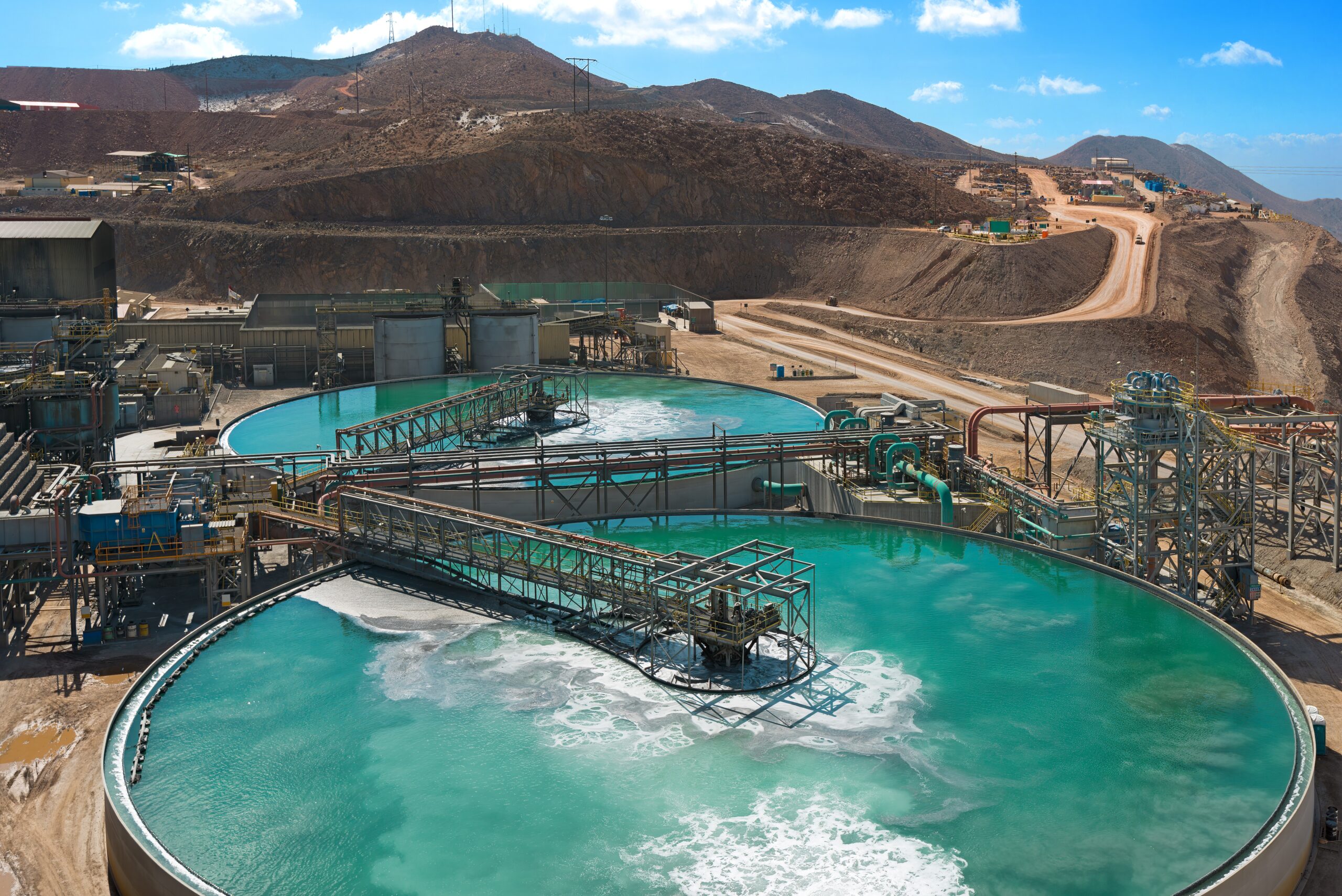Industrial Water Treatment
We understand the importance of industrial water treatment to ensure the safety and efficiency of industrial processes. Industrial water treatment involves the removal of impurities and contaminants from water used in various industrial applications, such as manufacturing, power generation, and mining. Our team works with reputable suppliers and manufacturers to provide our customers with high-quality water treatment solutions that meet their specific needs. Our team of experts works closely with our customers to design customized water treatment solutions that optimize performance, reduce costs, and comply with regulatory standards.

What is Industrial Water Treatment?
Benefits of Use
Removing Contaminants
Industrial processes can release contaminants like suspended solids, organic compounds, chemicals, heavy metals, and microorganisms into water. Treatment methods—filtration, sedimentation, coagulation, and disinfection—are used to eliminate or neutralize these contaminants, maintaining water quality and safety.
Preventing Corrosion and Scaling
Industrial operations often use equipment susceptible to corrosion and scaling from minerals in water. Water treatment chemicals such as corrosion and scale inhibitors, along with pH adjusters, protect this equipment—extending its life, cutting maintenance costs, and minimizing downtime.
Minimizing Fouling and Biofouling
Fouling and biofouling—buildup of substances or microorganisms like bacteria—can hinder the performance of heat exchangers, cooling towers, and pipelines. Our treatment programs use chemical and mechanical methods to prevent these issues, ensuring efficient operation and extended equipment lifespan.
Conserving Water Resources
Industrial water treatment also includes efforts to reduce water use, recycle and reuse water when possible, and minimize wastewater production. These conservation efforts support sustainability and reduce costs by lowering water and disposal expenses.
Industries
Industrial water treatment is crucial across numerous industries for maintaining process efficiency and product quality. In power generation, it ensures boilers, cooling towers, and equipment run efficiently. Chemical industries use it to maintain water purity, preventing contamination. The oil and gas sector manages produced water and wastewater to minimize environmental impact and meet regulations.
Manufacturing, including metal, automotive, and electronics, relies on water treatment for cooling, lubrication, and surface treatments, enhancing quality and equipment longevity. The food and beverage industry adheres to strict water quality standards for product safety, employing treatment in cleaning and sanitizing. Pharmaceutical and biotech fields also depend on it to comply with regulatory standards for drug and device production.
Overall, water treatment is essential in energy, manufacturing, food and beverage, pharmaceuticals, and more, playing a key role in environmental protection and public health and safety.
Our Products
SingleTrack supplies a diverse range of product categories for industrial water treatment, each carefully formulated to address specific challenges and optimize water quality across various applications. Here’s a closer look at some of the key product categories we offer:
Flocculants
Flocculants encourage suspended solids to clump together for removal via sedimentation or filtration. Our flocculants boost particle bridging and settling, improving solid–liquid separation in wastewater treatment, mining, and potable water processing.
Cationic Coagulants
Cationic coagulants neutralize negative particle charges to form larger flocs for easy removal. Our coagulants excel at destabilizing organic matter and microorganisms, enhancing clarity and reducing turbidity in drinking water, municipal wastewater, and paper manufacturing.
Dispersants
Dispersants keep suspended particles from agglomerating and settling, preventing scale or fouling. Our dispersants enhance dispersion in cooling circuits, boiler feedwater, and RO membranes—supporting efficient operation and reducing maintenance.
Antifoaming Agents
Antifoaming agents control foam that can impair equipment performance. Our agents reduce surface tension and destabilize foam bubbles, suppressing foam in cooling towers, wastewater treatment, and food processing to avoid costly downtime.
pH Adjusters
pH adjusters regulate acidity or alkalinity to reach optimal process ranges. Our portfolio includes sulfuric and hydrochloric acids (lower pH) and sodium and calcium hydroxide (raise pH) for corrosion control, chemical stability, and effective disinfection across industries.